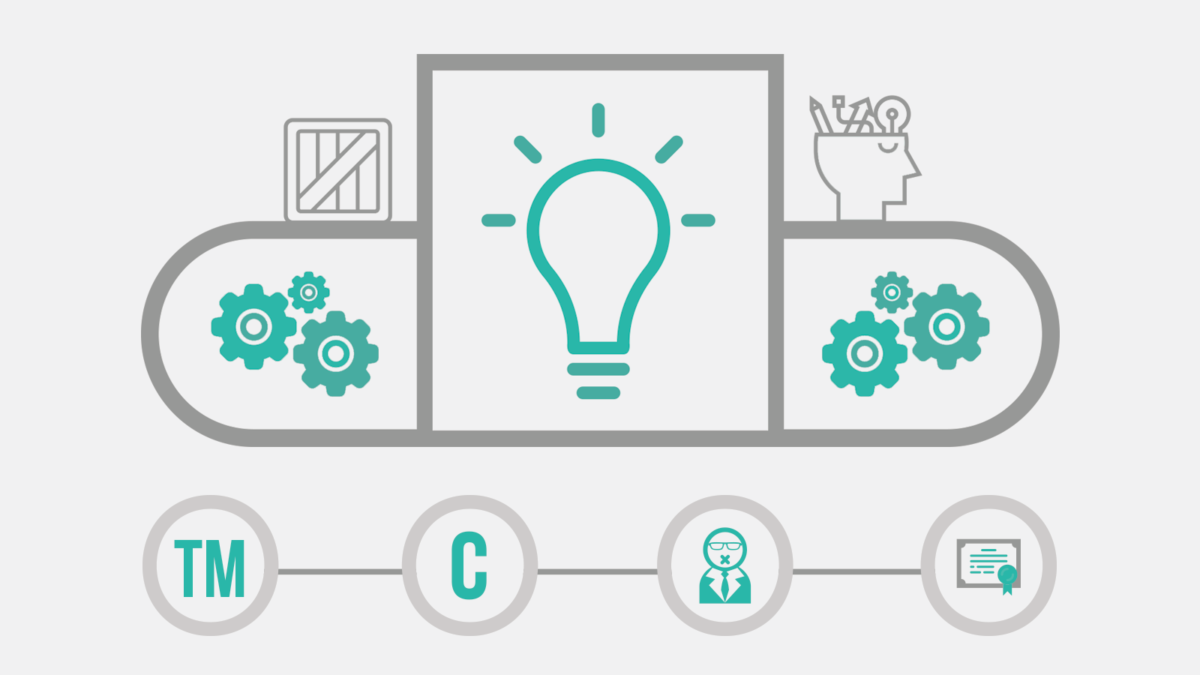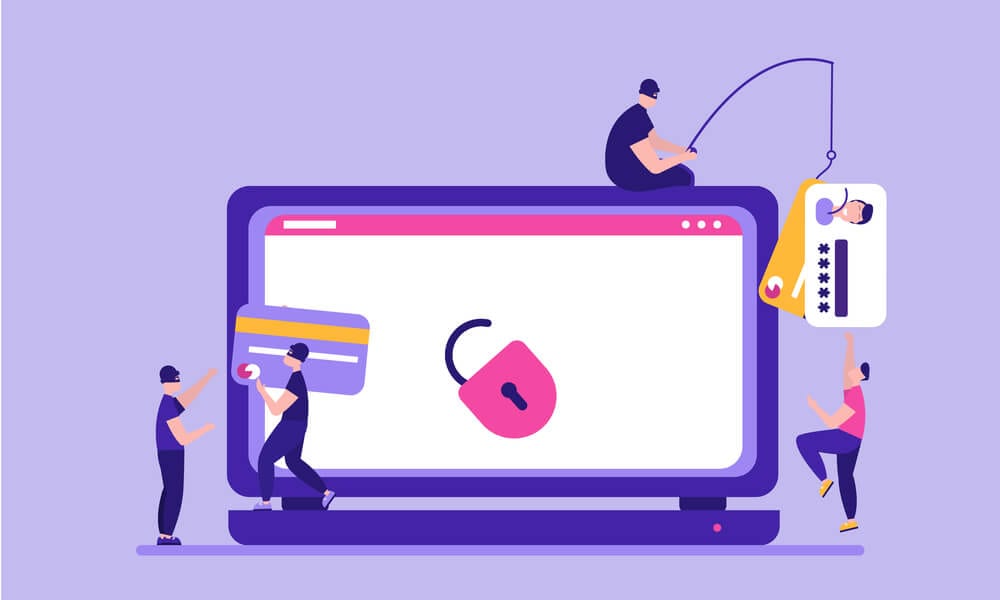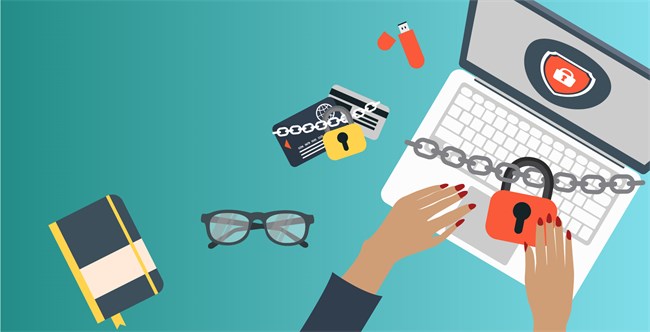The internet is a useful resource for research and marketing. Certain aspects of the internet, such as intellectual property, are protected through a series of different methods to earn creators recognition and in some cases change their lives. Intellectual property is a system used to encourage creativity and innovation, and here we talk about the different ways that intellectual property can protect your personal creations. Because the internet is so widely used, navigating it can compromise your personal data. Here we talk about identity theft and how you can protect your confidential information from the thieves of the internet.
Intellectual property: creations of the mind, such as inventions; literary and artistic works; designs; and symbols, names and images used in commerce.
IP is protected by law through patents, copyrights, and trademarks, which allows the inventor to earn recognition or financial gain from their products.
Copyright is the legal right that creators have over their works. They are federally regulated and must be registered with the US Copyright Office to be enforceable.
Patents are exclusive rights granted to inventors. They are exclusively regulated by Congress and the US Patent and Trademark Office (PTO). They provide the inventor with the freedom to choose how the invention will be used by others in exchange for the technical details made available to the public in a published patent document.
Trademarks are signs to distinguish the goods or services from one company to another. They are regulated by Congress and the PTO, as well as at the state level.
Geographical indications promote the origin of the product by attributing the features and characteristics of the product to that specific geographical place.
Trade secrets are IP rights on secret information that may be sold or licensed. They are regulated by the state. The unauthorized obtaining of these secrets is regarded as unfair practice and violation of trade secret protection.
Identity theft is when someone steals personal information to commit fraud. They can steal your name, address, social security number, credit cards, and bank account information. With your information they can open new lines of credit and bank accounts, apply for loans, change your credit card mailing address, and commit various other crimes.
Some actions you can take to help prevent identity theft are:
Secure your passords and social security number. Don't carry them in your wallet or purse.
Don't give out personal information over the phone or email, unless you contacted the receiver.
Shred financial statements, expired credit cards, recipts and credit offers.
Store personal information in a safe location.
When reviewing credit card and bank statements, look for unauthorized transactions.
Protect your computer by installing firewalls and virus detection software.



